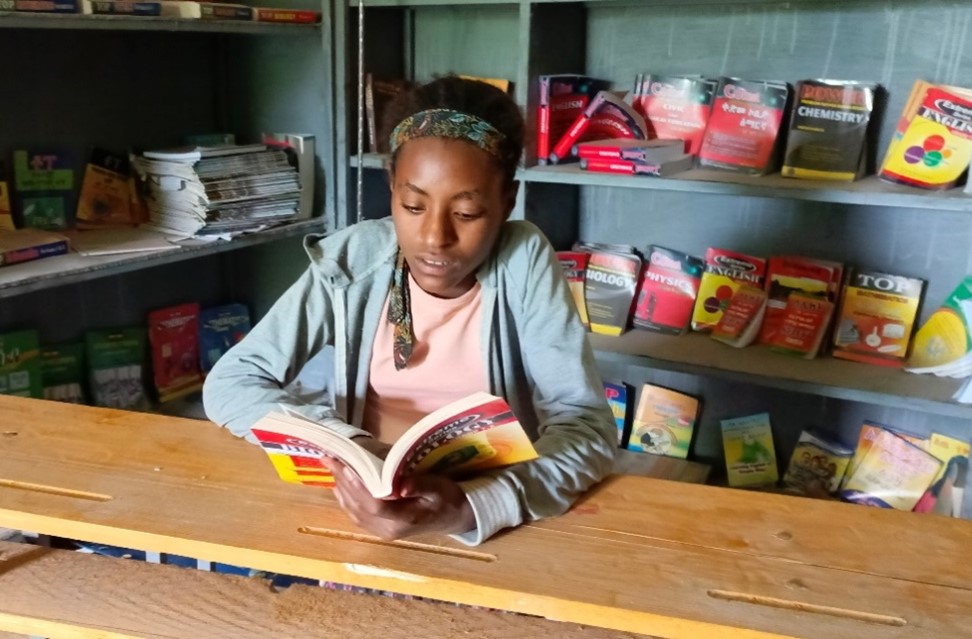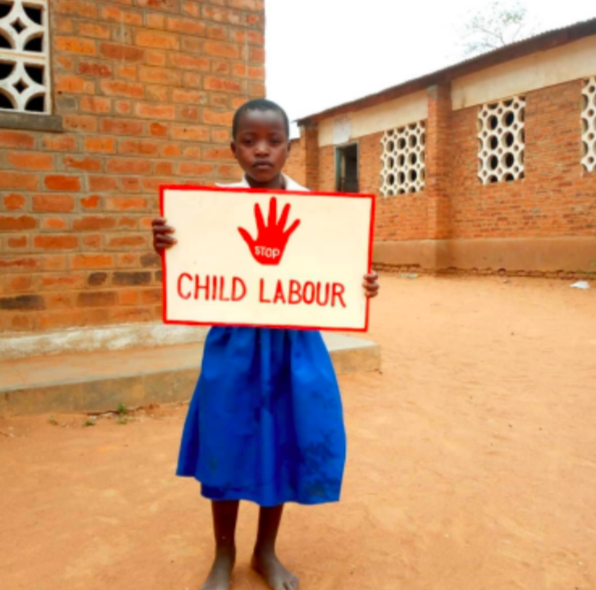Efforts to reduce and remediate child labour require attention from multiple angles. One key element is the role of the private sector. The guide ‘Cooperating with the Private Sector in Child Labour Free Zones in India’ focuses on how Community Based Organizations (CBOs), NonGovernmental Organizations (NGOs) and Trade Unions can effectively engage private sector actors in their efforts to eradicate child labour, including by cooperating with them in an area-based approach, working towards Child Labour Free Zones.
To this end the objective of engaging private sector actors should be to:
- Bring attention to the (risks of) negative impact of private sector operations on child rights;
- Have the private sector actors recognize their responsibility to respect child rights including combating child labour and mitigate the impact of child labour;
- Include private sector actors as partners in Child Labour Free Zone (CLFZ) initiatives;
- Simultaneously encourage efforts to improve adult workers’ income and working conditions and supporting the realization of the Right to Education (RTE) goals.
During the past years, Stop Child Labour has been successful in putting pressure on a number of European and other multinational companies to accept and live up to their responsibility to prevent and to remediate the use of child labour in their supply chain. Efforts to engage companies in constructive dialogue to combat child labour thus had some success but certainly needs to be scaled up. Overall companies and corporate social responsibility (CSR) initiatives are increasing their efforts to combat child labour and various companies have shown interest in supporting the creation of Child Labour Free Zones, in cooperation with the Stop Child Labour coalition and its partners.
While all private sector actors must comply with the universally accepted UN Guiding Principles on Business and Human Rights (UNGP) framework, the specific roles and responsibilities of the private sector vary according to their role in the supply chain/production processes. Indeed supply chains and production processes might differ substantially from one sector to another, from one company to another, as well as from one region to another. Therefore, CBOs, NGOs and Trade Unions applying the CLFZ approach should on the one hand interact with each actor and stakeholder individually according to the role they (can) play, and on the other hand simultaneously encourage collective action across supply chains and production processes. Specific methods to engage different private sector actors and the types of actions that should be encouraged are presented in this guide.






